
Liver Damage: 12 Warning Signs & How to Naturally Boost Liver Health
Liver Damage: 12 Warning Signs & How to Naturally Boost Liver Health
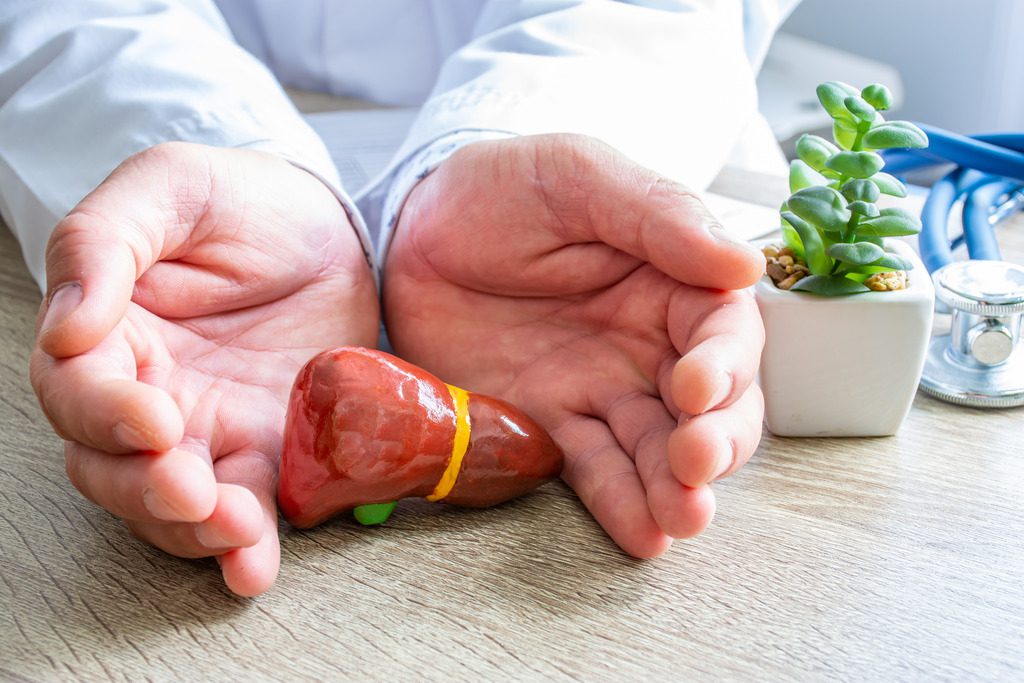
Your liver, located in the upper right abdomen beneath your ribs, is one of the body's largest and most vital organs. It performs countless functions essential for life, making it crucial to maintain its optimal health and recognize early signs of liver damage.
The liver is responsible for:
- Producing bile, vital for fat digestion.
- Detoxifying the body by removing environmental toxins and metabolic waste.
- Regulating hormone activity.
- Synthesizing proteins.
- Producing biochemicals necessary for digestion.
Everything we consume passes through the liver for processing before being distributed throughout the body. Given its extensive roles, our overall health is directly linked to peak liver function. While the liver possesses remarkable regenerative abilities, significant cell loss can impair its proper functioning.
Common Causes of Liver Damage
Liver problems often develop gradually over many years. The most frequent cause of liver issues is long-term excessive alcohol consumption. Other contributing factors include:
- Various viruses, including different types of hepatitis.
- Malnutrition.
- Adverse reactions to certain medications (both conventional and alternative).
- Overuse of specific medications.
- Exposure to harmful chemicals.
- Inherited disorders affecting iron and copper metabolism.
- Diseases such as liver cancer and fatty liver disease (often linked to obesity).
- Diabetes significantly increases the risk of liver disease.
- Smoking dramatically elevates the risk of both lung and liver cancer.
- Certain chemotherapy drugs can damage liver cells.
- Even excessive intake of vitamin A can lead to liver damage.
12 Warning Signs Your Liver Might Be in Trouble
Liver damage can manifest through a variety of symptoms. Here are crucial signs to watch for:
- Abdominal Pain: Particularly discomfort or pain in the upper right abdomen, where the liver is situated.
- General Fatigue and Confusion: Feeling unusually weak or tired. This physical exhaustion can progress to mental disorientation or confusion. If it occurs alongside other related symptoms, it may indicate a liver problem.
- Digestive Issues (Diarrhea, Constipation, Intestinal Bleeding): Noticeable changes in bowel movements, including alternating periods of constipation or diarrhea, changes in stool color, or traces of blood.
- Itchy Skin: Due to the accumulation of bile salts that deposit in the skin. The itchiness is persistent and can develop into a flaky rash.
- Jaundice (Yellowing of Skin and Eyes): A prominent symptom of liver damage caused by the buildup of bilirubin (a bile pigment) in the blood and body tissues, which the liver cannot eliminate. Sometimes, fingernails or fingertips may also turn yellow. Jaundice is a common sign in liver diseases like hepatitis or liver cancer.
- Dark Yellow Urine: Resulting from increased levels of bile pigment in the body that a damaged liver cannot properly excrete. While often mistaken for dehydration, this symptom persists even with adequate fluid intake.
- Nausea and Vomiting: Interruption to the digestive system can lead to symptoms like heartburn, nausea, and vomiting.
- Loss of Appetite / Unexplained Weight Loss: In advanced stages of liver disease, significant appetite loss can occur, leading to serious and unexplained weight reduction.
- Swollen Abdomen or Legs (Edema): In progressing stages of liver disease (cirrhosis), fluid retention (edema) is a common complication, often occurring in the abdominal cavity (ascites), causing the belly to appear like that of a pregnant woman, which can also press on the lungs, making breathing difficult. Swelling can also affect the ankles and legs.
- Easy Bleeding and Bruising: May occur due to the liver's decreased production of clotting factors, essential for blood coagulation.
- Hormonal Imbalance (Sex Hormones): Liver dysfunction can lead to imbalances in sex hormones, potentially causing enlarged breasts in men or a diminished sex drive.
- Abnormal Blood Test Results (Normal RDW, High MCV): Doctors use blood tests as part of a complete blood count to diagnose various conditions. If your Red Cell Distribution Width (RDW) levels are normal but your Mean Corpuscular Volume (MCV) is too high, this could indicate liver problems.
Acute liver failure can also cause severe symptoms such as excessive fluid accumulation in the brain and kidney failure.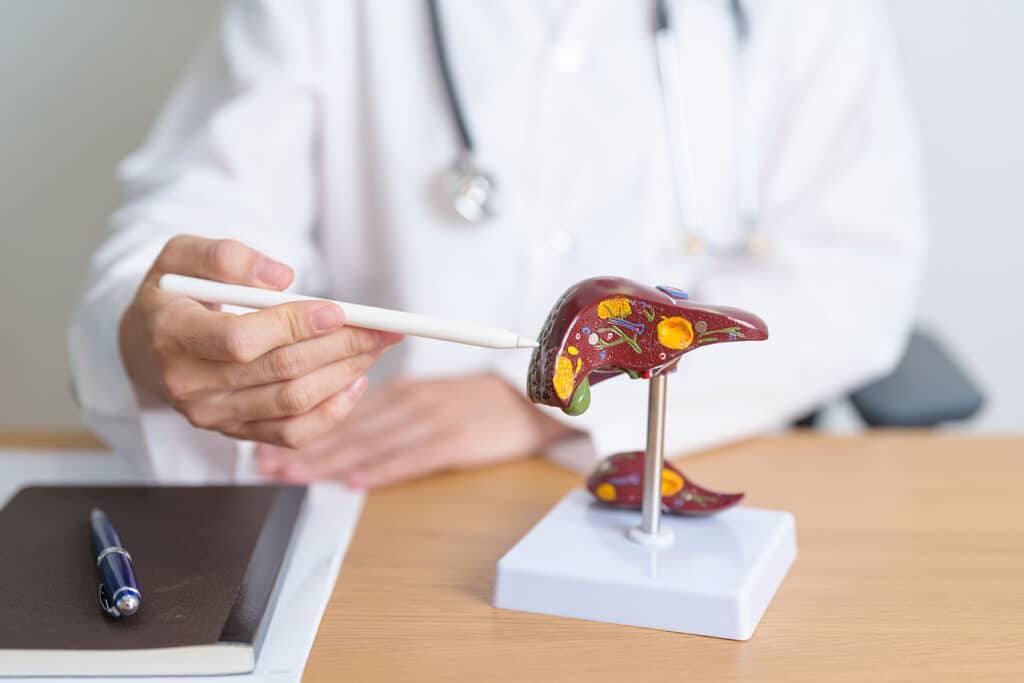
When to Seek Medical Help Immediately
It is crucial to seek medical attention if:
- You experience unexplained fatigue, weakness, or unintentional weight loss.
- You notice jaundice (yellowing of skin or eyes).
- You have a persistent fever, abdominal pain, and vomiting.
- Your ear pain is severe and doesn't subside (though this symptom is typically associated with ear infections, not primary liver damage).
Always consult your doctor if you feel unwell or have any medical concerns. When in doubt, see your doctor!
How to Naturally Strengthen and Protect Your Liver
Taking care of your liver is fundamental to overall health. By adopting certain lifestyle changes and healthy habits, you can significantly strengthen and protect this vital organ:
- Limit Alcohol Intake: If you consume excessive amounts of alcohol, reducing your intake is paramount. The more you drink and the longer you do so, the higher the risk of severe liver damage.
- Moderate Caffeine Consumption: While both alcohol and excessive caffeine can burden the liver, recent research suggests that moderate coffee consumption can actually benefit liver health.
- Quit Smoking: Smoking introduces numerous toxins into your body, which have a disastrous effect on the liver, creating free radicals and contributing to damage.
- Hydrate Adequately: Drink plenty of water to help flush toxins from your body.
- Lemon Water Benefits: Incorporate lemon water into your routine, as lemon juice stimulates bile production, aiding digestion and detoxification.
- Herbal Teas & Natural Juices: Opt for herbal teas and natural fruit juices or smoothies. Green tea is especially beneficial due to its rich antioxidant content, which improves liver function and helps reduce fat storage in the liver.
- Boost Berry Consumption: Berries such as strawberries, blackberries, blueberries, and raspberries enhance liver health. Their organic acids help lower blood sugar levels and promote fat burning, reducing the risk of fatty liver disease.
- Maintain a Healthy Body Weight: Achieve and maintain a healthy weight through proper nutrition and regular exercise. Obesity is a major risk factor for fatty liver disease.
- Choose Whole, Unprocessed Foods: Avoid fatty foods, junk foods, and processed foods laden with chemicals and artificial additives. Instead, fill your diet with vegetables (especially dark leafy greens and beets), fruits, whole grains, nuts, and seeds.
- Increase Garlic Intake: Garlic improves liver function by aiding in toxin removal from the body and protecting the liver from toxin-induced damage.
- Adhere to Medication Dosages: Always follow your doctor's prescribed dosages for medications. Check labels for any warnings regarding potential liver damage. This applies to both conventional medicines and supplements/herbs, as even natural remedies can be harmful in excessive amounts.
- Regular Medical Checkups for Chronic Conditions: If you have diabetes or high blood pressure, maintain regular medical checkups to monitor your blood sugar, triglyceride, and cholesterol levels, which can contribute to fatty liver disease.
- Practice Good Hygiene: Maintain excellent hygiene habits to prevent viral hepatitis infections, which can be transmitted through contaminated food, water, blood, and other body fluids.
- Incorporate Liver-Cleansing Herbs: Explore herbs known for liver support and cleansing.
Your liver is essential for survival, and currently, there is no long-term way to compensate for the absence of its functions. This underscores the critical importance of keeping your liver in top condition. Start by making small, positive changes to your habits today!
News in the same category


Scientists Found The Hidden Factor Behind the Global Infertility Crisis, And It’s Terrifying

🍵 The Quiet Power of Cinnamon Tea: A Simple Sip for Natural Balance

How to Make the Perfect Pineapple, Turmeric, Carrot, and Lemon Juice: Your Ultimate Homemade Immune Boost Drink
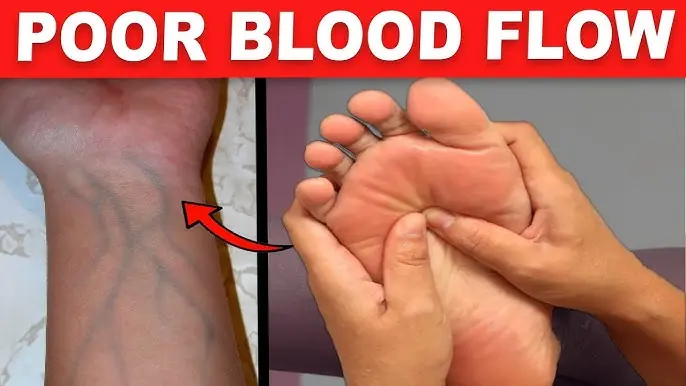
16 Warning Signs Your Blood Circulation is Poor and How to Improve It (Evidence-Based)

Simple Cloves and Ginger Recipe for Wellness

Nature’s Candy Unleashed: The Jaw-Dropping Health Hacks of Dates You NEED to Know!
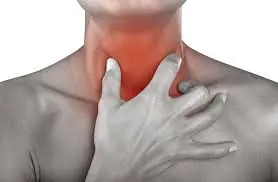
Banish Throat Mucus: Effective Home Treatments for a Clearer Throat (Evidence-Based)
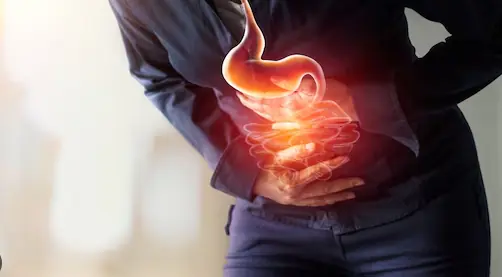
Beat the Bloat: 8 Common Causes of Abdominal Bloating and Evidence-Based Solutions
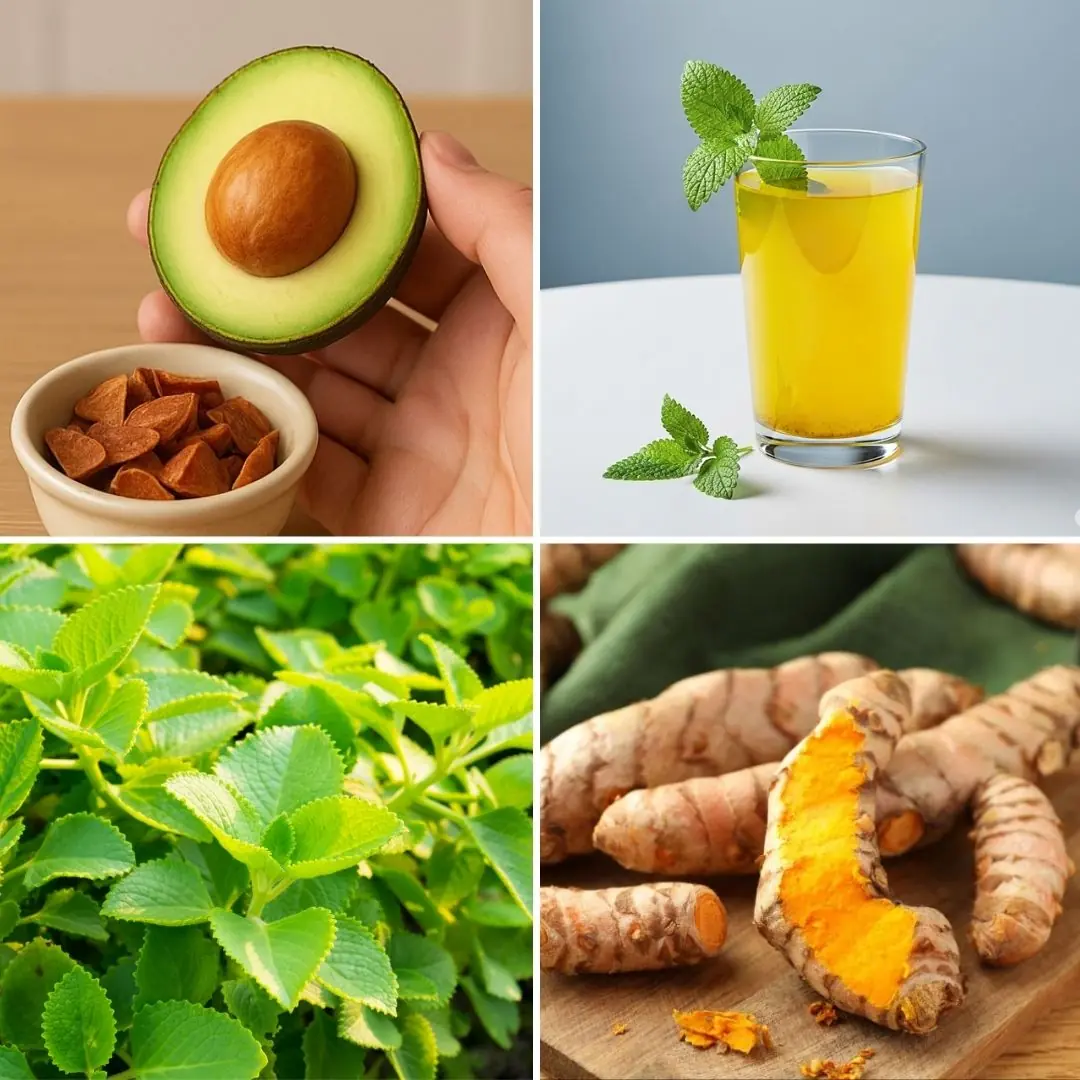
Doctor Frank Suárez's Natural Recipe: Eliminate Diabetes, Poor Circulation, Fatty Liver, Pancreas Problems, High Blood Pressure, Knee Pain, and Even Cancer

Juniper (Juniperus communis): Benefits and Uses

4 Common Habits You Must Change Immediately When Using Air Conditioning to Protect Your Respiratory Health
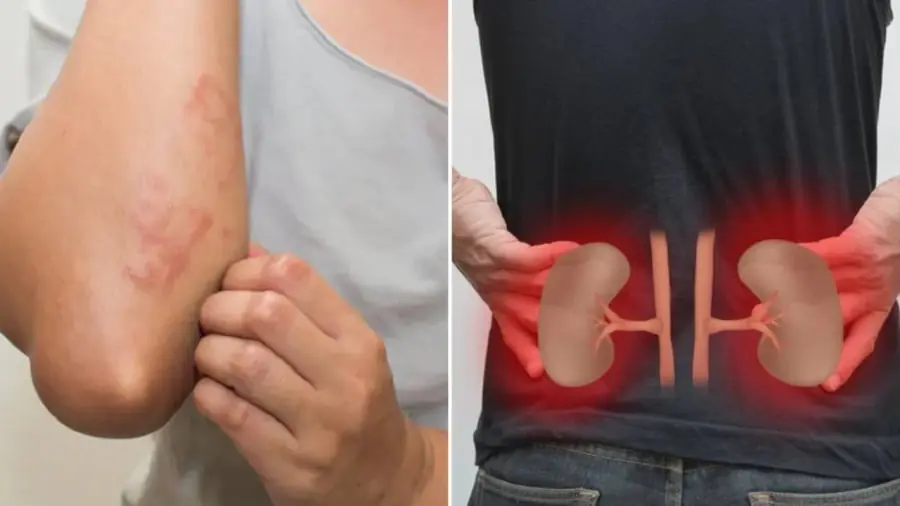
If Your Body Shows These 5 Signs, It Could Be a Warning of Kidney Disease or Impending Kidney Failure
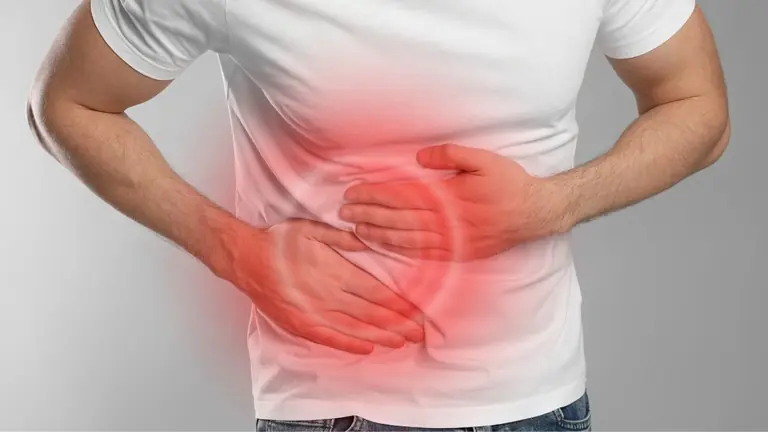
"2 Pains and 1 Yellow” – Warning Signs That Silent Liver Cancer Is Progressing: Being Negligent May Cost Your Life
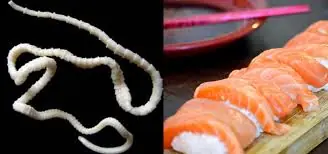
Warning: Your Sushi Might Carry a Japanese Tapeworm – What You Need to Know About Salmon Safety

TikToker Unknowingly Records Near-Death Encounter After Picking Up One of Earth's Deadliest Creatures
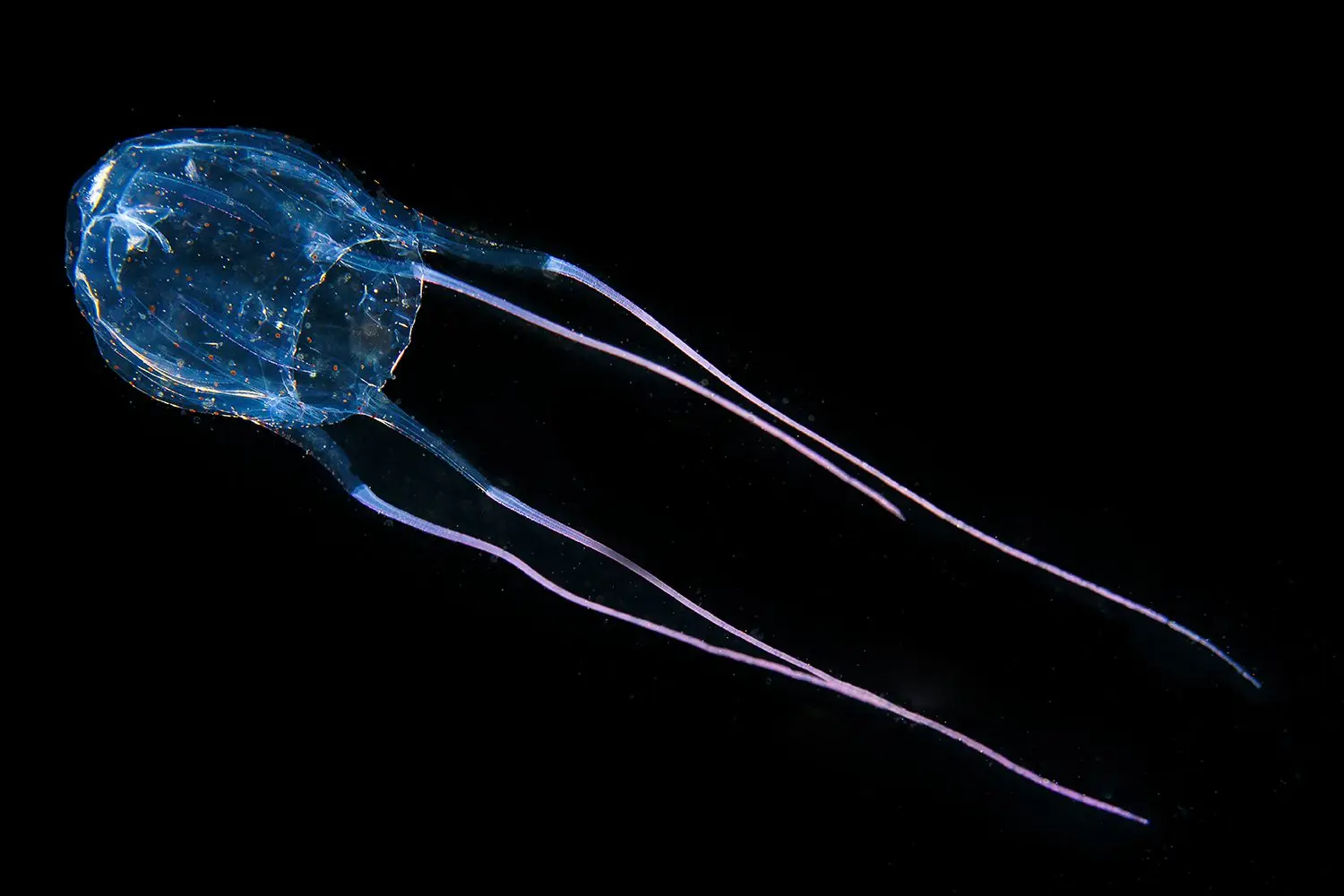
Travel Influencer Unknowingly Films Terrifying Encounter with World's Deadliest Jellyfish

Get Long Hair, Stop Hair Fall, Cure Baldness, Regrow Damaged Hair Naturally
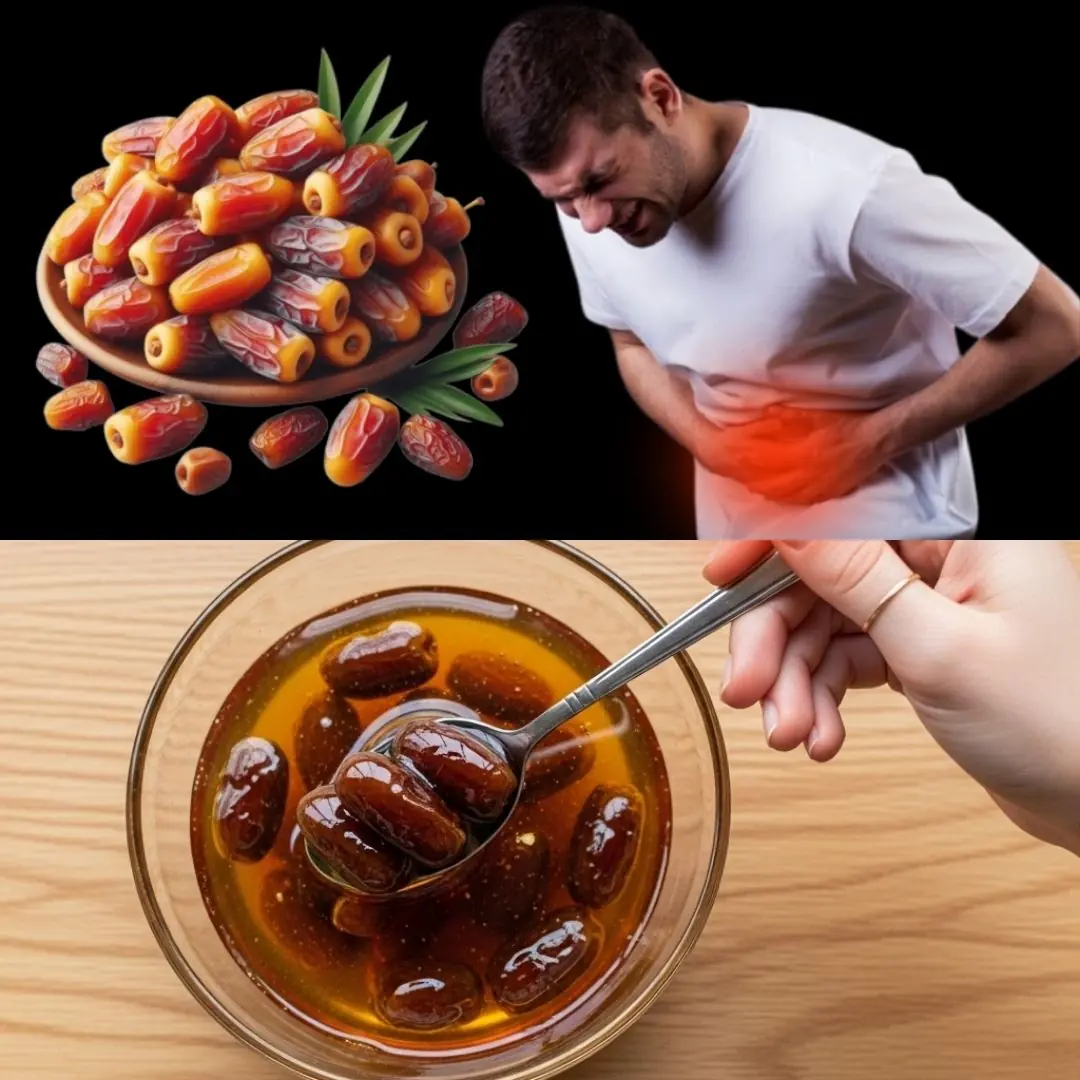
Death Begins in the Gut! Clean Your Blood and Intestines with Just One Glass a Day
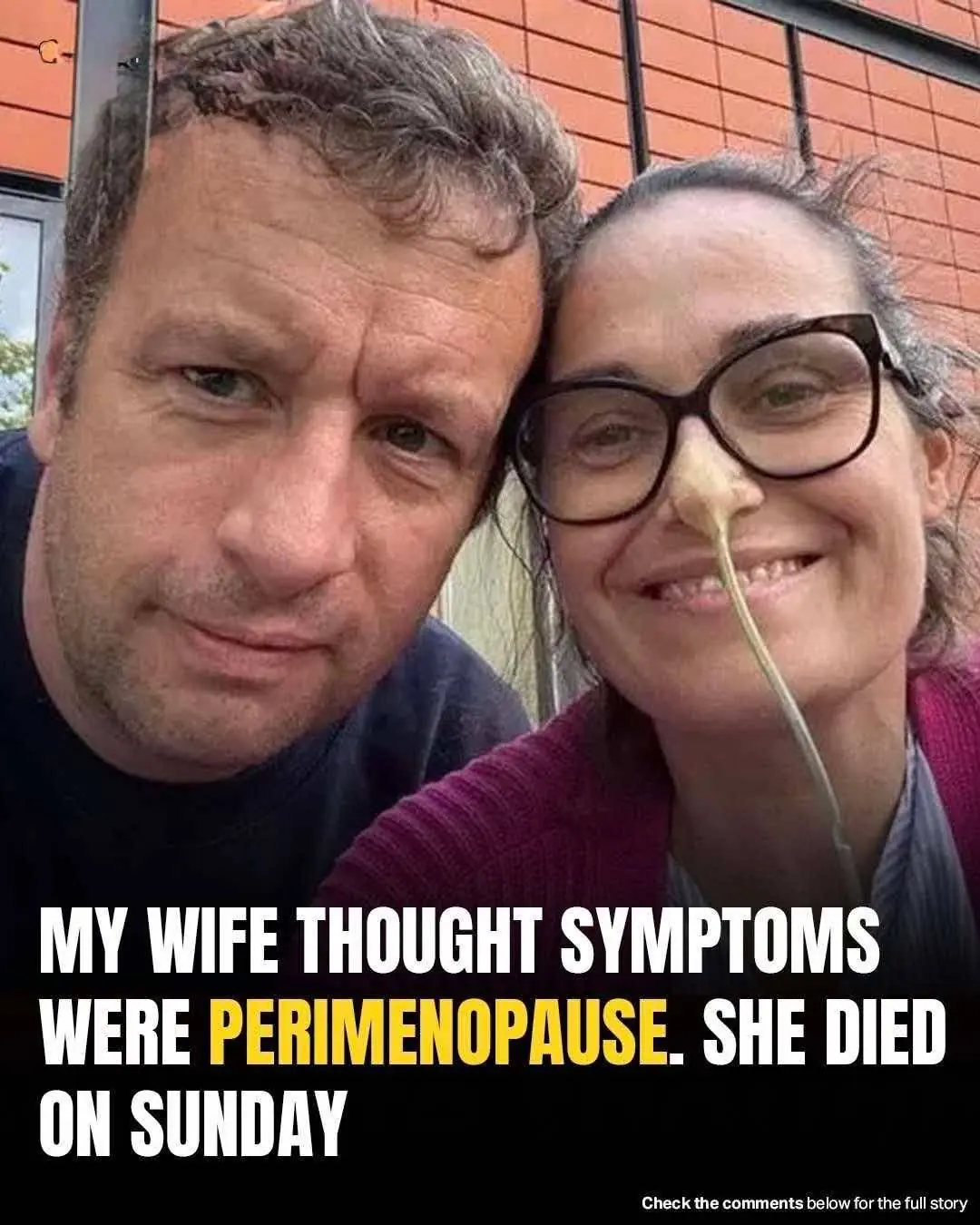
Woman mistook deadly illness for perimenopause
News Post

The BBQ Showdown: A Daughter-in-Law's Ingenious Revenge
A family BBQ, a passive-aggressive comment, and a dish that changed everything. When a mother-in-law dismisses her daughter-in-law’s cooking skills, the daughter-in-law responds with a creative twist that exposes a sh0cking hypocrisy.

Scientists Warn of a Silent Epidemic: Men’s Testosterone Levels Are Plummeting — And Here’s Why

Fifteen Years Later: A Sh0cking Reunion with the Family I Abandoned
A man’s reckless decision to abandon his family for a fleeting love story returns to haunt him when a chance encounter with his daughter opens a floodgate of emotions and unspoken regrets.

Under One Roof for the Inheritance, One Secret Lost Me My Piece of the Pie
I’ll never forget that afternoon in my late father-in-law’s stately living room, when our entire family gathered to hear the terms of his will. The air was so still you could hear everyone’s breaths.

The Hidden Truth Beneath the Mattress: Uncovering the Secrets of My Family's Past
A young woman uncovers shocking secrets about her family and their tragic past. After a series of startling revelations, she risks everything to bring the truth to light and fight for justice.

The Secret of Compassion: How My Son’s Hidden Act of Kindness Changed Everything
A mother uncovers her teenage son's secret, leading to an emotional journey of compassion, sacrifice, and unexpected bravery.

Am I Wrong for Telling My Family to Handle Their Own Complaints and Take Responsibility?
A wife and mother of three, balancing work, school, and household chores, snaps when her family constantly complains about household upkeep. She tells them to step up or deal with it themselves, but now doubts if she went too far.

After She Chose Our Song for Her First Dance – Am I the b@d guy?
A heart-wrenching tale of unrequited love, friendship, and heartbreak. After being invited to her best friend's wedding, the protagonist walks out when their shared song is played, leading to a painful confrontation and emotional aftermath.

Am I Wrong for Skipping My Best Friend’s Bachelorette Trip Because of My Weight?
A bridesmaid feels conflicted about skipping her best friend’s bachelorette party at a waterpark due to her insecurities about being overweight and unable to fully participate. Is she wrong for not going?

4 Things You Should Never Say At A Funeral — No Matter What

Scientists Found The Hidden Factor Behind the Global Infertility Crisis, And It’s Terrifying

🍵 The Quiet Power of Cinnamon Tea: A Simple Sip for Natural Balance

How to Make the Perfect Pineapple, Turmeric, Carrot, and Lemon Juice: Your Ultimate Homemade Immune Boost Drink

16 Warning Signs Your Blood Circulation is Poor and How to Improve It (Evidence-Based)

Simple Cloves and Ginger Recipe for Wellness

Nature’s Candy Unleashed: The Jaw-Dropping Health Hacks of Dates You NEED to Know!

Banish Throat Mucus: Effective Home Treatments for a Clearer Throat (Evidence-Based)

Beat the Bloat: 8 Common Causes of Abdominal Bloating and Evidence-Based Solutions

Doctor Frank Suárez's Natural Recipe: Eliminate Diabetes, Poor Circulation, Fatty Liver, Pancreas Problems, High Blood Pressure, Knee Pain, and Even Cancer
